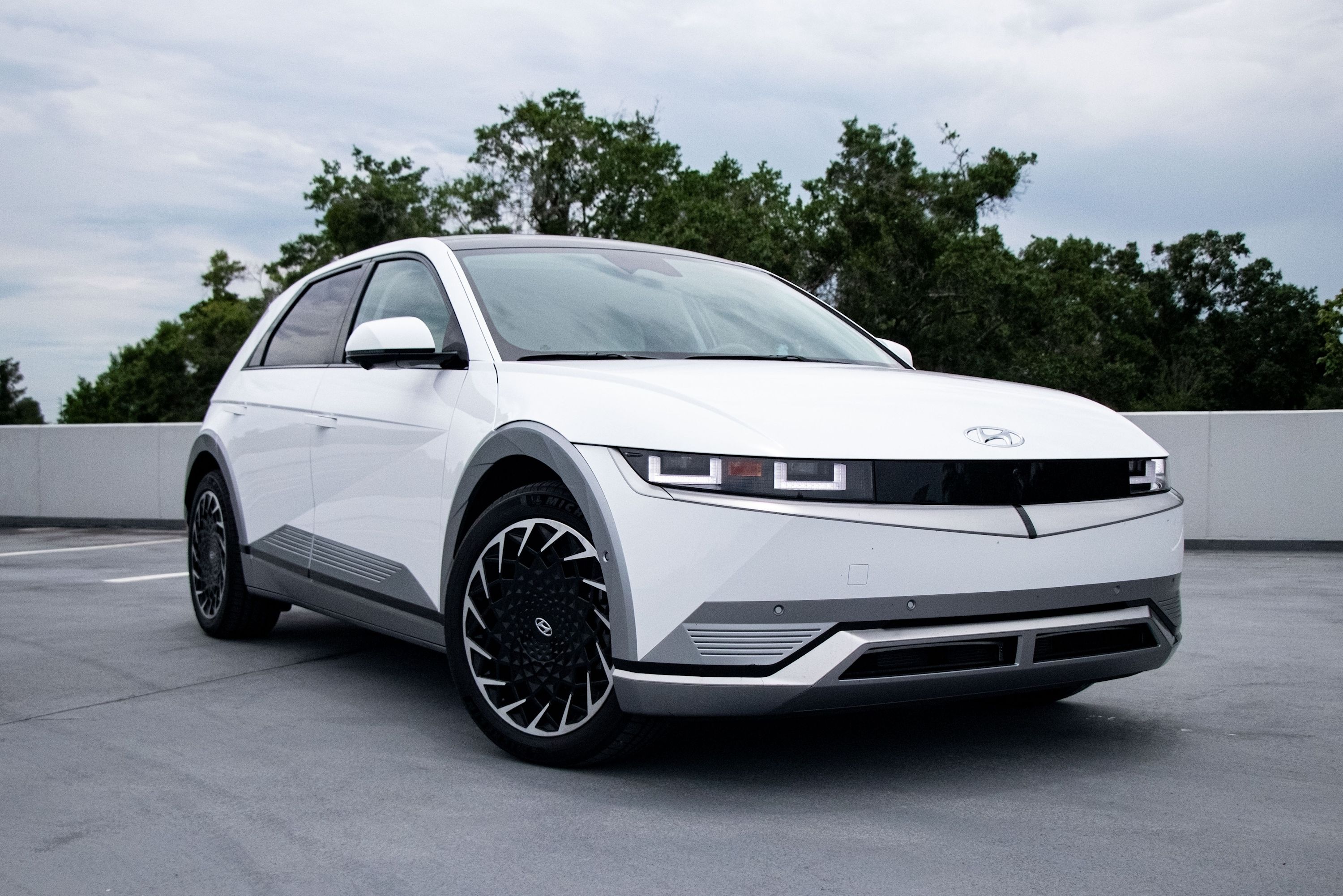
The US Department of the Treasury missed its initial EV tax credits guideline and has moved it forward to March. No exact date was attached to the press release, but consumers and manufacturers should score big time for at least January and February 2023.
As a bit of background, President Biden signed the Inflation Reduction Act into law in August 2022. One of the main aims of this act was to reduce America's reliance on parts manufactured in China, which is why the $7,500 incentive has been changed so drastically.
The new $7,500 credit is restricted by the retail price, a person's annual income, and components manufacturing, and it's also broken into two pieces. You get $3,750 if at least 40% of the battery critical minerals are US-made or stem from a country with which the US has a free-trade agreement. The other $3,750 is for a battery with at least 50% US or free-trade components.
It seemed like a done deal, and the new regulations were scheduled to go live on 1 January 2023. The Treasury failed to provide adequate insight into the situation, but it seems the guidelines mentioned above are not set in stone.
"[The] Treasury will issue a notice of proposed rulemaking in March with proposed guidance on the critical minerals and battery components requirements. By statute, the critical mineral and battery component requirements take effect only after [the] Treasury issues that proposed rule. Additional guidance on clean vehicles for consumers and manufacturers is forthcoming," the statement read. The Treasury also promised that new information about the situation will be released on 31 December 2022.
We can only speculate at this point, but the Inflation Reduction Act has received widespread criticism from countries like Japan and South Korea, which stand to lose a lot of sales because of the new regulations.
This backpedaling is good news for the automotive industry, which has been working to find ways to make the legislation more inclusive. But that's only half the story. Minerals are scarce in the USA. The first cobalt mine in 28 years only opened recently on local soil.
"We've said since the beginning [that] the critical mineral and battery component requirements in the reworked 30D EV tax credit were hugely complex," said John Bozzella, CEO of the Alliance for Automotive Innovation, speaking with Automotive News. "This is a big change, so it's not surprising the Treasury Department is taking this extra time to issue the rules on minerals and batteries."
As we've noted several times before, the Hyundai Ioniq 5 is the best EV. It still falls under the $55,000 cost cap, which will still come into effect in the new year. Buying one between January and February is a prime time to do it. You may have to wait, but get that sale locked in and make the most of the government's failure to meet deadlines.


